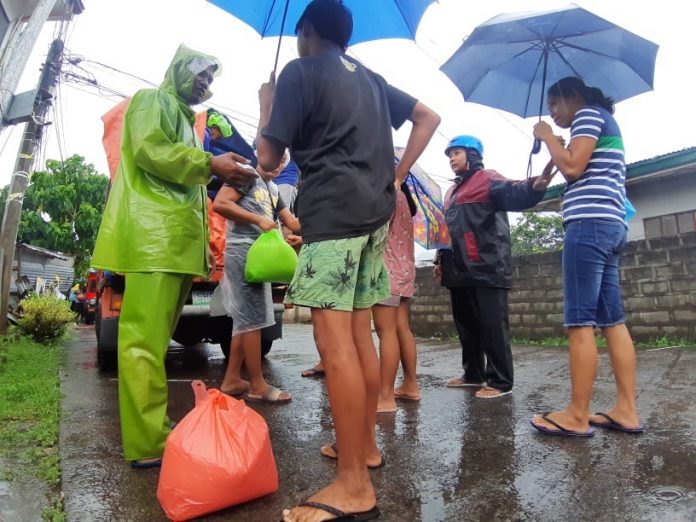Caritas Philippines, the social action arm of the Catholic Church in the country, called on the government to address economic issues, especially those related to food security.
“The effect of the COVID-19 pandemic combined with the Russia-Ukraine war, climate change, and our country’s dependence on imports has increased the price of basic commodities,” noted Bishop Jose Colin Bagaforo of Kidapawan, national director of Caritas Philippines.
He said the situation “made it even harder for Filipinos to afford healthy food,” adding that the government “should not be blind to the woes of its citizens and should implement programs to mitigate the situation.”
“It’s time to stop the partying and focus on the concerns that are close to the stomach of the citizenry,” said the prelate in a report on Radio Veritas 846.
Meanwhile, Father Tony Labiao, Caritas Philippines executive secretary, said the Church agency is ready to partner with the Department of Agriculture to ensure the production of enough food in every diocese.
“As part of our policy on principled cooperation, we are partnering with the Department of Agriculture for programs to help our farmers in the dioceses to strengthen food production and promote sustainable agriculture and organic farming,” said the priest.
Data from the Philippine Statistics Authority show that agriculture, forestry and the fishery sector contribute an average of 20 percent to the country’s gross domestic product, with an 8.4-percent contribution in the second quarter of 2022.
Globally, the world by 2050 will need to produce 60 percent more food to feed a population of 9.3 billion, according to estimates compiled by the Food and Agriculture Organization.
Based on The Economist’s 2021 Global Food Security Index, the Philippines ranked 64th out of 113 countries in its four dimensions of food security.









